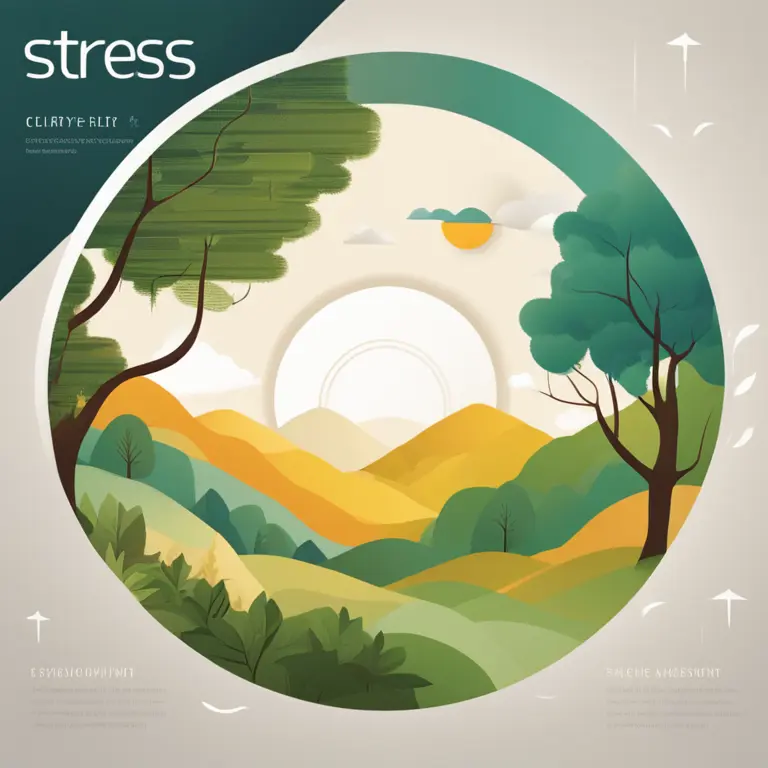
Can Meditation Improve Your Memory?
Discover how meditation practices can potentially enhance memory and cognitive function, contributing to overall mental health.
article by Hina Kurosawa
The Link Between Meditation and Memory
Meditation, an ancient practice known for promoting relaxation and mental clarity, has also been suggested as a tool for improving memory. Studies have shown that regular meditation can lead to changes in brain structure, specifically in areas associated with memory, such as the hippocampus. These findings indicate that meditation not only helps with immediate recall but may also contribute to long-term cognitive preservation. The mechanism behind this enhancement is believed to be the result of increased neuroplasticity, allowing the brain to better form and maintain connections related to memory.

The Impact of Meditation on Concentration
One key aspect of memory improvement is the ability to concentrate. Distractions can significantly affect how we encode and retrieve information. Meditation practices, such as focused attention or mindfulness, train the mind to stay present and attentive. Through consistent practice, individuals may find that their concentration levels increase, subsequently aiding in the process of memorizing and recalling information more efficiently.

Stress Reduction and Memory Preservation
Stress has been identified as a factor that negatively affects memory, particularly the ability to form new memories and retrieve existing ones. Meditation helps to reduce stress by lowering the production of cortisol, a stress hormone. By managing stress levels, meditation can help protect the brain from the potential damage caused by chronic stress, thus supporting memory function.

Age-Related Memory Decline and Meditation
As we age, memory decline often becomes a concern. Meditation can be particularly beneficial for seniors looking to maintain their cognitive abilities. Research has demonstrated that meditation can improve attention, mental flexibility, and memory in older adults. These impacts suggest that the practice could be a valuable tool in combating age-related cognitive decline and enhancing the quality of life for the elderly.

Meditation Techniques for Memory Enhancement
Various meditation techniques may contribute differently to memory enhancement. Techniques such as Kirtan Kriya, which involves chanting and finger movements, have been associated with improved memory in studies focusing on age-related memory loss. Mindfulness meditation, on the other hand, emphasizes non-judgmental awareness of the present moment, potentially improving working memory and cognitive flexibility.
Incorporating Meditation into Daily Life
To reap the memory enhancement benefits of meditation, consistency is crucial. Starting with just a few minutes a day can lead to gradual improvements. There are numerous resources available, from guided meditations to smartphone apps, that make it easier for individuals to integrate meditation into their daily routines. As proficiency in meditation grows, many practitioners report enhanced mindfulness throughout the day, which may contribute to ongoing memory improvements.
Published: 1/15/2024
Modified: 1/15/2024
More predictions
Come back here soon to learn more about yourself and your future


Calming the Storm: Mindfulness Meditation for Anger
Discover how mindfulness meditation can be a powerful tool for anger management, promoting inner peace and emotional balance.


Healing Through Mindfulness: Meditation & Trauma Recovery
Mindfulness meditation offers a powerful tool for individuals seeking solace and healing from traumatic experiences. Discover how this practice can aid in the journey towards inner peace.


Discovering Life with Meditation Mantras
Delve into the transformative power of meditation mantras to harmonize your mind, body, and spirit for a tranquil existence.